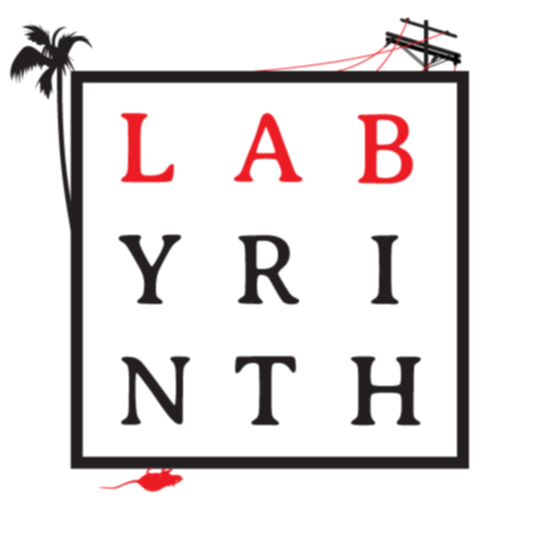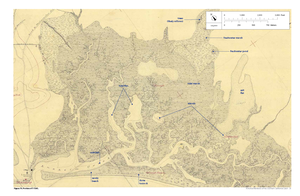Cardozo, Bradley and Christopher M. Kelty. 2021. “Unfungible? Land swaps, mitigation banks, and indigenous activism in Los Angeles’ Paper presented at the Social Studies of Science Conference, Toronto, Canada, Oct 4-7, 2021. (Download a copy)
Cardozo, Bradley; Maria Zarifis, and Christopher M. Kelty. 2020. ““Wetlands Protectors” vs. Big Oil in Southern California: Oil Drilling, Wetlands Restoration, Indigenous Sovereignty, & the Struggle for the Future of the Los Cerritos/Puvungna Wetlands in Long Beach, CA”. Labyrinth Project Working Paper (Download a copy)
Abstract
In South Los Angeles, a “land swap” was approved recently by the California Coastal Commission. In exchange for “restoring” 30 acres of wetlands degraded by a century of oil extraction, a small oil drilling company would gain access to a different 12 acres of land — 7 acres of private property that have, thus far, been used primarily for a popular pumpkin patch and Christmas tree lot, and 5 acres of public land previously intended for ecological restoration. The restoration is financed by the oil company, who in return is allowed to increase oil production through fracking and horizontal drilling. Using a mitigation bank, other polluters in the areas–including the country’s largest port, several refineries, and other related industries–will purchase mitigation credits to offset pollution in order to fund wetlands restoration. This complex assemblage of fungibility and trading, with the laudable goal of engineering an incentive system to combat climate change, is situated on the site of the ancient villages of Puvungna and Motuucheyngna, sacred cultural sites of the neighboring Tongva and Acjachemen nations—sites that has been the subject of minor archaeological dispute around the “invention” of heritage as well as considerable activism by local tribal leaders and allies. Using this case as a starting point, this paper explores the complex logic of fungibility and mitigation as a challenge to indigenous activism around sovereignty and ecological restoration, and contemporary indigenous activism as a problem for governance systems built on fungibility and mitigation.

